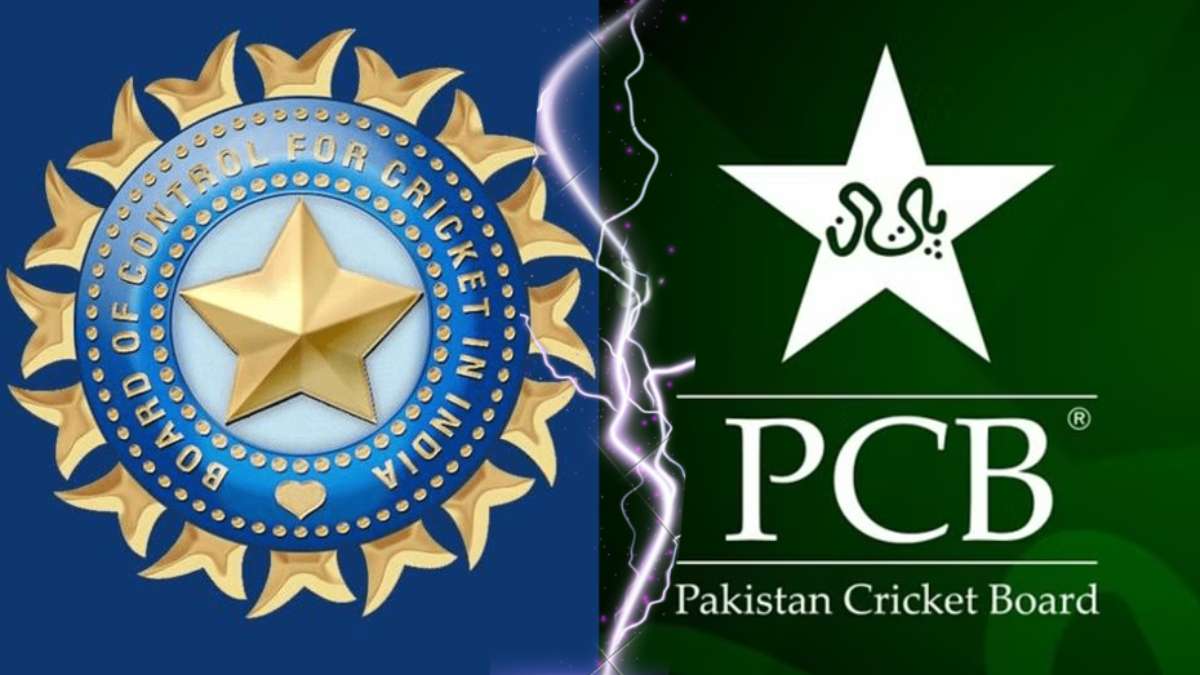India’s Withdrawal from Asia Cup: When Politics Overshadows Sportsmanship
In a move that has sparked widespread debate, the Board of Control for Cricket in India (BCCI) has decided to pull out of the upcoming Asia Cup tournaments, including both the Women’s Emerging Teams Asia Cup and the Men’s Asia Cup scheduled later this year. The decision comes amid heightened tensions between India and Pakistan, with the BCCI citing the fact that the Asian Cricket Council (ACC) is currently headed by Mohsin Naqvi, Pakistan’s Interior Minister and Pakistan Cricket Board chairman, as a key reason for their withdrawal.
While national security concerns are often cited in such decisions, this latest development raises serious questions about the increasing politicization of sports, particularly cricket, which has long been regarded as a unifying force transcending borders. By refusing to participate in tournaments solely because they are organized under the leadership of a Pakistani official, India risks turning cricket—a sport beloved by millions—into a pawn in diplomatic conflicts.
The Asia Cup without India, the region’s cricketing powerhouse, loses much of its competitive and commercial appeal. The India-Pakistan rivalry has historically drawn massive viewership and sponsorship, fueling the sport’s growth across Asia. The BCCI’s withdrawal not only threatens the tournament’s viability but also deprives fans of the excitement and camaraderie that sport fosters.
This decision also reflects a broader trend of political interference in Indian cricket administration. The BCCI’s close ties with the ruling Bharatiya Janata Party (BJP) have increasingly blurred the lines between sports governance and political agendas. Using cricket as a tool to isolate Pakistan may provide short-term political messaging but risks long-term damage to the spirit of sportsmanship and regional cooperation.
Sport should ideally serve as a bridge, promoting dialogue and understanding even amidst political tensions. Instead, the BCCI’s stance signals a retreat into divisiveness, where diplomatic disputes dictate participation rather than the love of the game. It is imperative that cricket administrators and political leaders recognize the value of keeping sports separate from political conflicts to preserve the integrity and global appeal of the game.

Comments
Post a Comment